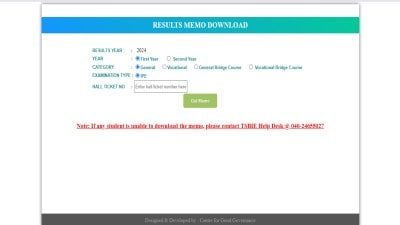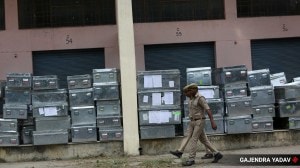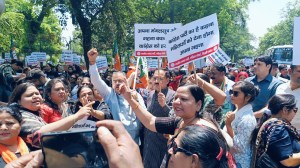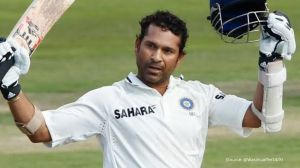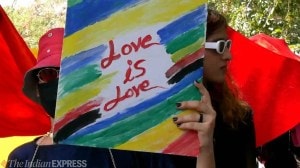- India
- International
West Bengal polls: ‘That’s it? I just press a button?’
Brought to vote on a rickety cart, Akkel Ali asked his son the obvious question: “How do I vote?” The son, a first-timer himself, read the poster at the booth carefully and finally explained to his father.
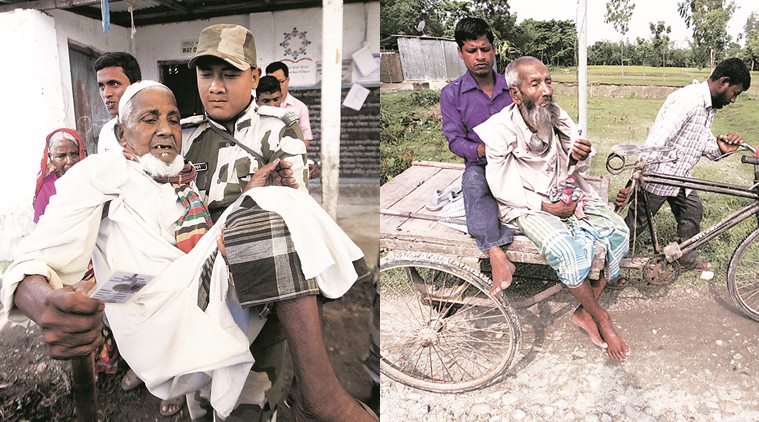
Akkel Ali’s age was deemed 84 by the EC but his family insists he is “over 105”. Either way, this resident of Madhya Mashaldanga, a former Bangladeshi enclave in India, was voting for the first time.
Brought to vote on a rickety cart, Akkel Ali asked his son the obvious question: “How do I vote?” The son, a first-timer himself, read the poster at the booth carefully and finally explained to his father. The simplicity of the process appeared to have taken Akkel by surprise. “That’s it?” he said, incredulously. “I just press a button?”
[related-post]
Had his age been registered as 105, Akkel Ali would possibly have been the oldest first-time voter in the history of Indian elections. All the attention for that probable record went instead to Asgar Ali, whose age is registered as 103.
“The Election Commission has made so many mistakes,” Akkel Ali’s son said. “My father is actually the oldest. But no provisions were made for him because the Election Commission reduced his age by 20 years”

Akkel Ali’s son had arranged the rickshaw. Asgar Ali, the centre of the combined attention of the Election Commission, media and voters, was brought to the booth in a special vehicle provided by the EC. Asgar, his son Bilal and grandson Joynal Abedin arrived together from Madhya Mashaldanga.
The three generations voted together for the first time. “I am very proud that my grandfather was able to see this day and that I cast my vote with my father and grandfather. This is a day we have all been waiting for,” said Abedin.
At the other end of the age scale was Deepak Burman, 18. The middle-aged man ahead of him was grumbling in the queue at Kuthibari polling booth. Why vote, he told Deepak, it’s 1 pm and the sun is burning. “Because,” Deepak replied, “it’s a privilege to be able to decide your own fate.”
For many, voting might seem like a chore, or a duty. But for 9,776 voters newly turned Indian citizens, democracy at the press of a button was a privilege.
Deepak is one of the few residents of Dinhata camp who managed to finish school while living in an Indian enclave in Bangladesh. He had to forge documents, often more than once in a year and then travel several hundred kilometres to school. The lessons he remembers most clearly were those of primary school civics. “We studied about democracy about rights and about freedom and that is where I learnt to dream,” he said. “Here, people are complaining about standing in lines, mistakes in voter cards and the heat. What do they know of not feeling in control of your destiny for four decades?”
Most of the new voters had spent the night before in eager anticipation. They had tried on the new clothes they had bought, compared manifestos of various parties, and carefully kept their laminated election cards ready for carrying to the booth.
“These votes will not decide the fate of the government. But this is our first association with democracy and voting,” said Usman Gani, 24, of Dinhata camp. “We had never been treated like citizens, never made to feel like we belong. Earlier we were outsiders in Bangladesh, after coming here we were treated like guests. Now, I can proudly say we are Indians.”
Apr 24: Latest News
- 01
- 02
- 03
- 04
- 05











